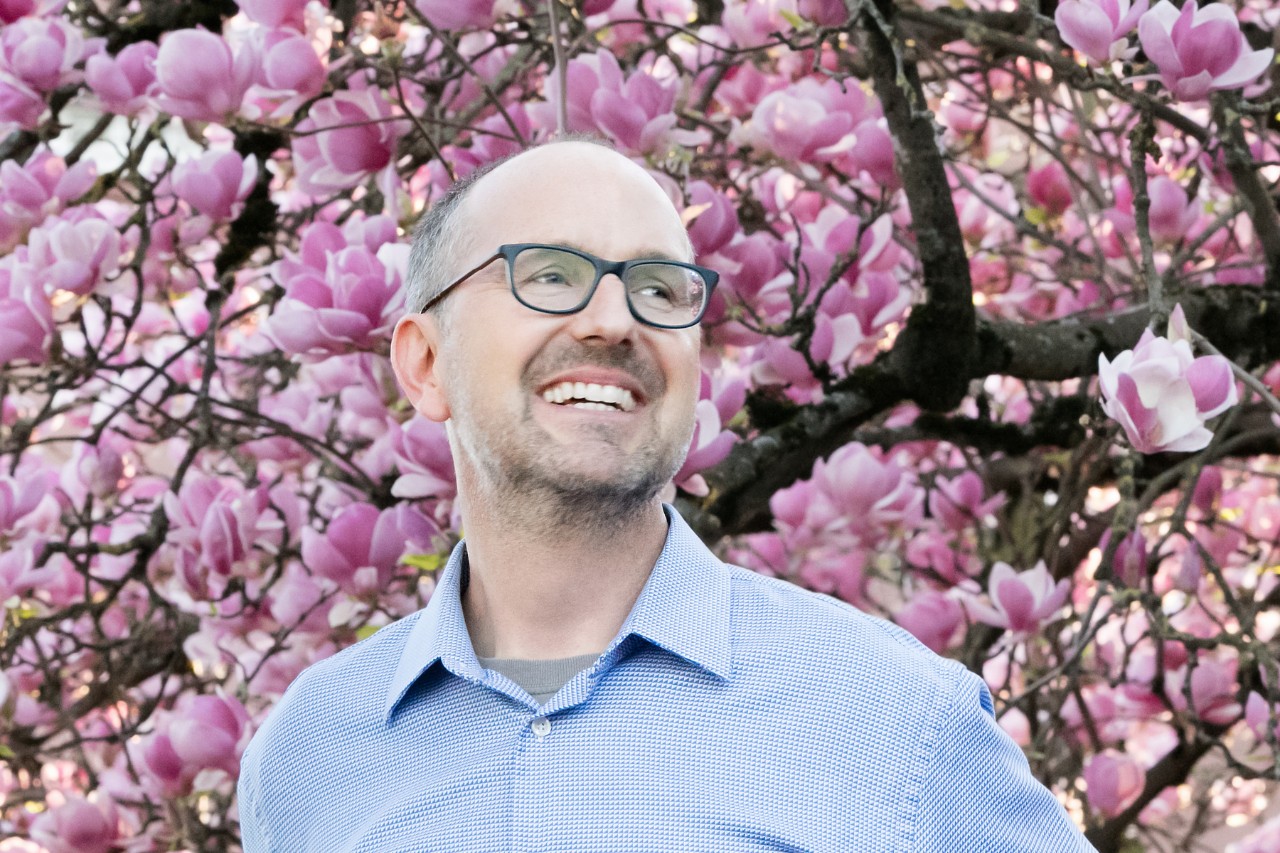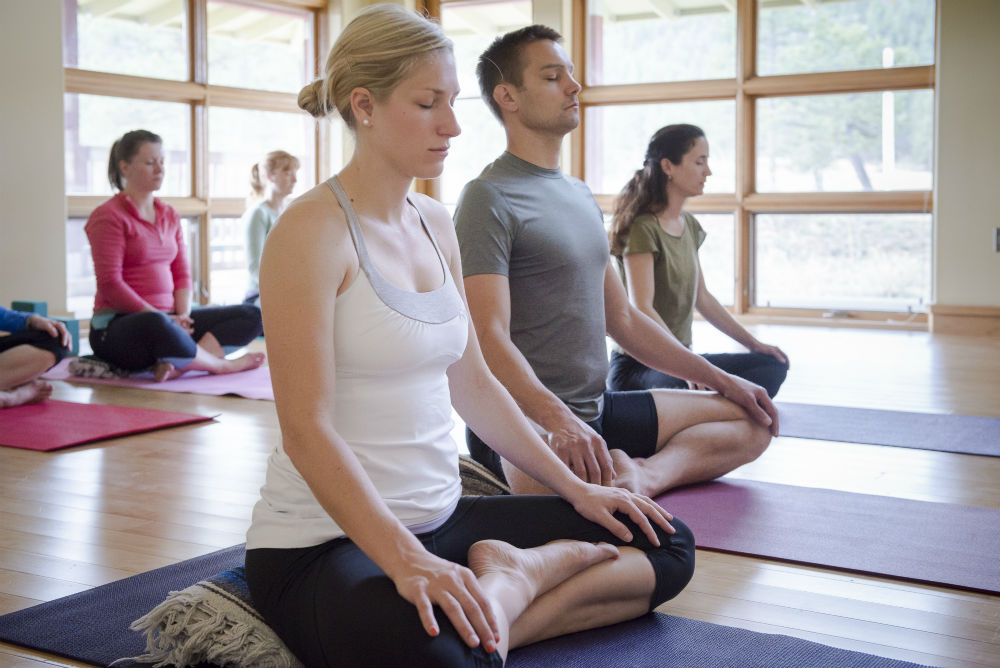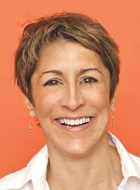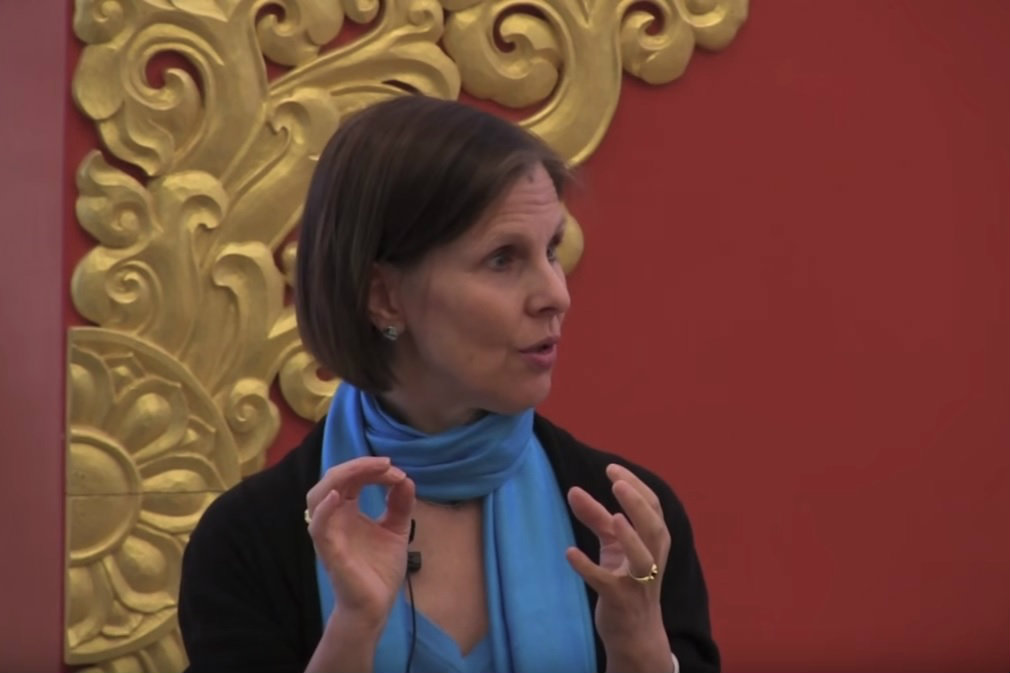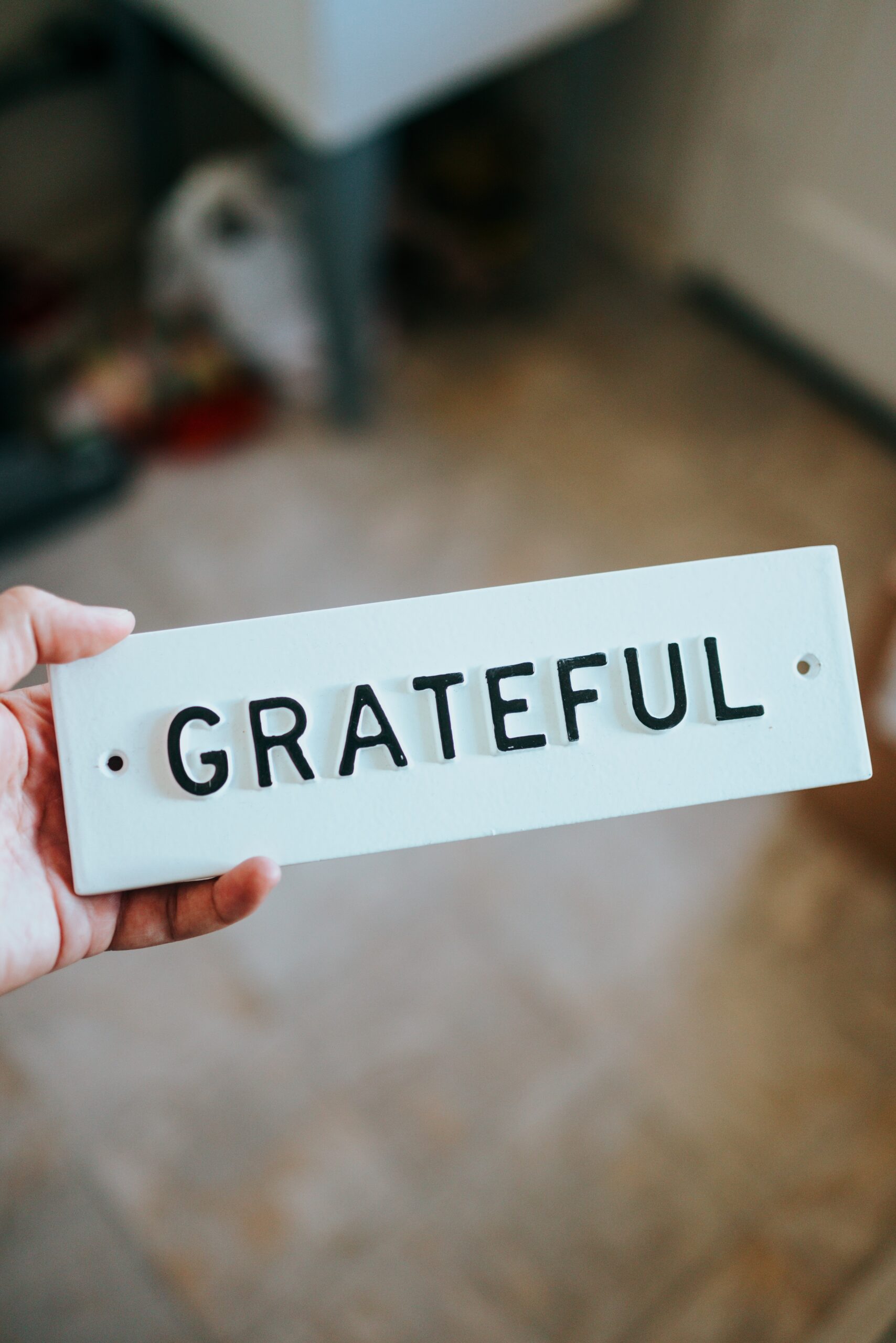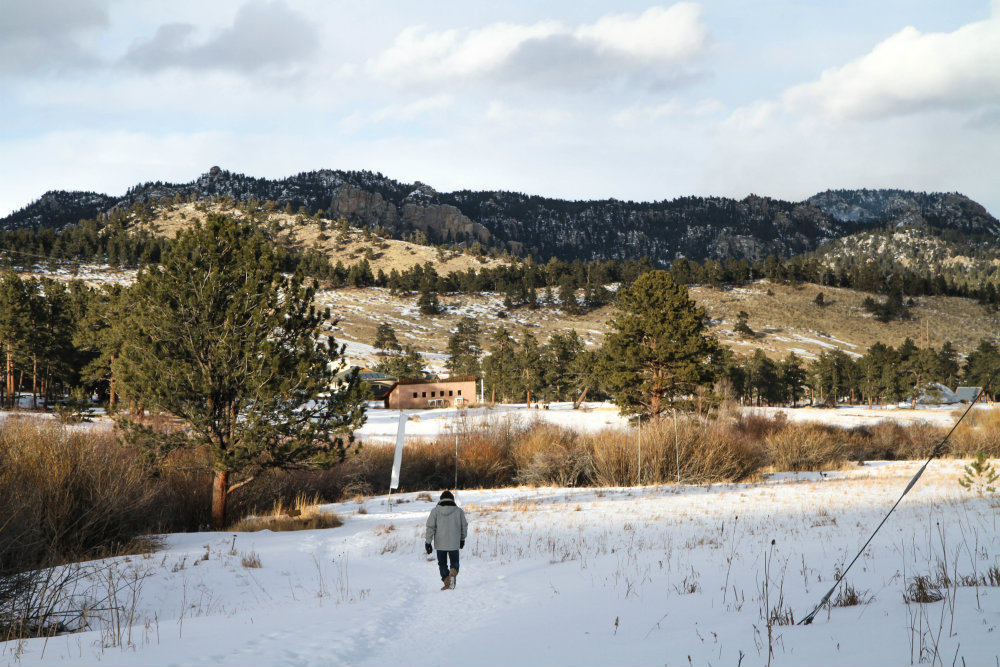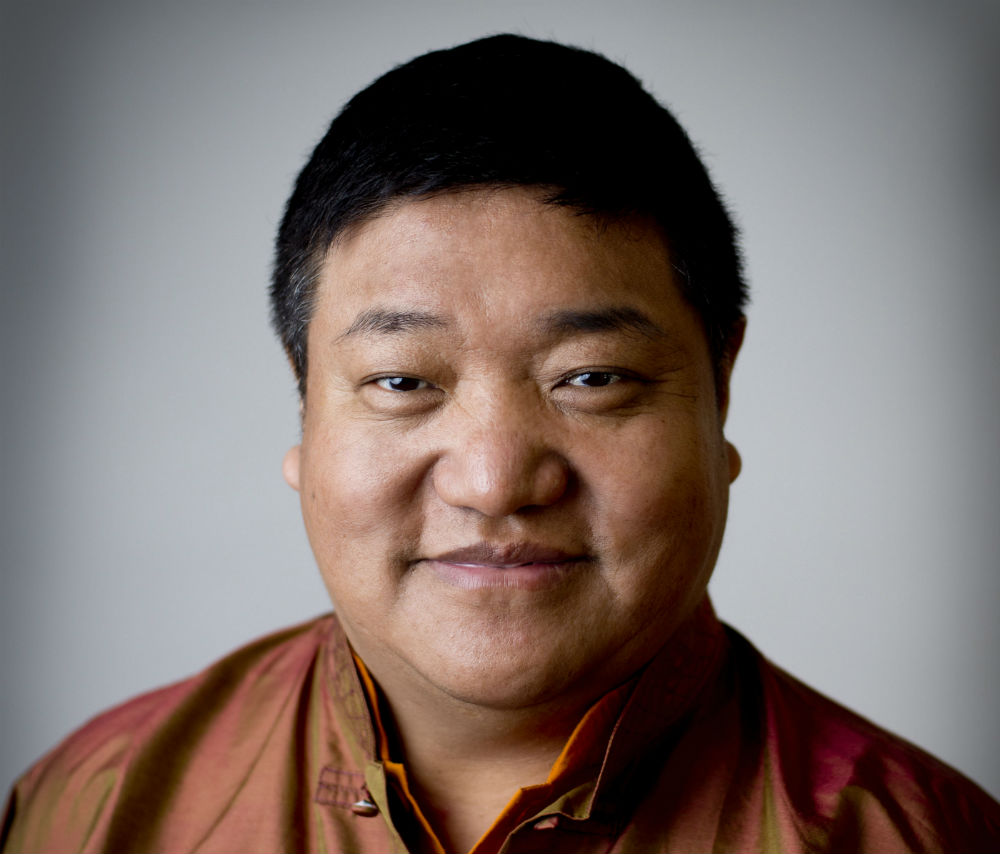Writing as a Path to Awakening & Healing
by: Albert Flynn DeSilver *
One morning when I was twenty-two years old, I woke up handcuffed to a hospital bed with no idea how I got there. And I was under arrest.
It was the seven words of the District Attorney, uttered with searing conviction, that saved my life. “You will not get a second chance.” I didn’t tell her that this was my second chance. Two years prior I was at a rowdy party drinking myself to oblivion in order to numb-out a recent break up, when I wound up stumbling around outside then passing out face-down in the driveway. A couple hours later my best friend jumped in his car, cranked up the tunes, and with no idea I was there, drove right over me. Another story.
I took my first verbal standardized test when I was twelve scoring in the lower tenth percentile. In the parent/teacher conference that followed I heard the phrases “he has trouble expressing himself verbally” (Yeah, no shit) and “he’s showing signs of dyslexia.” Dyswhatsia? I had no idea what to make of their conclusions except that it meant I was somehow inferior, stupid, and couldn’t write or speak my way out of a paper sack. I became promptly riddled with shame. I’d gotten a good start growing up in an abusive and alcoholic household, where most of the words I’d ever heard expressed were soaked in denial, bruised by rage, or bent into tight tin-foil creases by lies. And yet I saw my parents constantly reading books and listening to music, repeatedly turning to art (words and writing) for solace, entertainment, insights, perhaps even glimmers of truth. I finally caught my own glimpses, first in song lyrics: “If my words did glow, with the gold of sunshine, and my tunes were played on the harps unstrung, would you hear my voice come through the music?” These words are from “Ripple” by the Grateful Dead (written by Robert Hunter), whom I was obsessed with from the age of 14 on. I listened to this song a thousand times in high school and it bled into my consciousness giving me, at least a hazy sense of possibility. . .what if my words could glow? It was an invitation to imagine. What would happen if I tossed my ink pen (or camera for that matter) into the creative ring of fire?
In a college interview how does a shame-riddled kid with dyslexia respond to the question “What would you like to major in?” “Uh, taking pictures?” was all I could answer. I had helped out a little on the high school yearbook and found I liked looking through a camera lens and making pictures of what I saw. I didn’t know you could major in taking pictures. I studied photography as an undergraduate in Colorado, and then as a graduate student at the San Francisco Art Institute. By the time I arrived in San Francisco, I was newly sober but still anciently wounded. I hadn’t yet dealt with why I drank in the first place. I simply didn’t yet have words big enough for the wound. I was so bewildered and lost in art school that I failed my year-end review. How do you fail at art? I was on my way until one night, bumbling about in the photo lab, I ran into my Art history teacher Bill Berkson, who invited me to a poetry reading. A poetry reading was the last thing I would have attended at the time, were it not for Bill making such a thing somehow sound interesting. Bill was not only an art history teacher, but also an extraordinary art writer and poet. I didn’t have anything else going on.
Rather than some rinky-dink affair at a smoky café, I found myself at the doors of a thousand-seat theater at the release party celebrating the Norton Anthology of Post Modern American Poetry with an all-star cast of poets from all over North America. The evening began with a reading by the editor who shared an excerpt of a poem by 1950s legendary Bay Area poet Jack Spicer. Another seven words that caught me breathless and changed my life:
“Unbind the dreamers. . .
poet, be like god!”
In that moment, I remember thinking, ‘YES! This is the invitation, the gateway, the permission.’ This is what I’m supposed to be doing, not photography, bless its beautiful glossy heart. I wasn’t sure what he meant by “god,” but I interpreted it to mean “creativity” and it was rippling through me. That was the night I became a writer. Those words not only slayed, but healed me. As if to say ‘you too matter—your voice, your experience, your perceptions and insights have value, and you can write them forth and these very words will awaken you to greater possibility.’ And they did and do. This is the credo I have lived by every day since.
Writing as a path to awakening, as a path to healing begins with attention and awareness. This is why I begin all my writing exercises with mindfulness meditation practice:
Meditation
Find a comfortable and quiet place to sit. Close your eyes gently and rest your hands easily in your lap. Begin by taking a single deep breath inward and exhale slowly. Take another deep breath and exhale slowly. And a third. Keep your eyes closed gently, breathe regularly, and just tune into the rhythm of your breathing body. Feel your body relaxing into the chair or cushion. If you feel obvious points of tension, breathe into those points and let them relax. You might bring your attention to where you feel the breath moving in your body—is it in the rise and fall of your chest or belly? Maybe in the wisps of air at your nostrils?
Simply breathe in, and breathe out. Knowing in this moment that there is nothing to do, no knowledge to gather or remember, no proper way to breathe, nothing to get right or control. Just be, letting all tension and expectations go. There is no right or wrong, nothing to accomplish or learn, nothing to figure out or fix. Allow your mind to rest in an open state, letting thoughts be thoughts, sensations be sensations, attuned to the reality of the present moment, breath by breath.
Bring your hands to your heart center and tune into what you are feeling right now. Breathe in, and breathe out. Bring as much nourishing attention to this heart space as you can offering yourself loving kindness and compassion. Continue with this meditation for as little as 5 minutes or as long as 20. When you are ready, take one more deep breath inwards and on the exhale release your hands and open your eyes
Writing Exercise:
From tuning into your heart center, what emotion is up for you right now, what feeling is present in your heart? Write it down at the top of your paper.
The invitation is to “freewrite” a letter to this emotion of feeling. Time yourself for 10 minutes and write without lifting the pen from the page or your fingers from the keys. Begin with “Dear ______” Address this emotion as you might a great aunt, wise friend, or deceitful neighbor. Personify this feeling as a cloud, landscape, or animal. Let your imagination run wild. Write from margin to margin with urgency and speed allowing whatever is real within you out upon the page, knowing you don’t have to share this with anyone and there is no right or wrong! You can ask questions, write forth specific details, colors, shapes, add metaphor. Veer from the idea, make it your own. Have fun. Be creatively wild.
May this story and practice inspire seven words even ‘when there is no pebble tossed nor wind to blow,’ yet ripples out from your still waters and changes someone’s life!
About the Author:

(*This piece first appeared in BEING Magazine, NZ)

